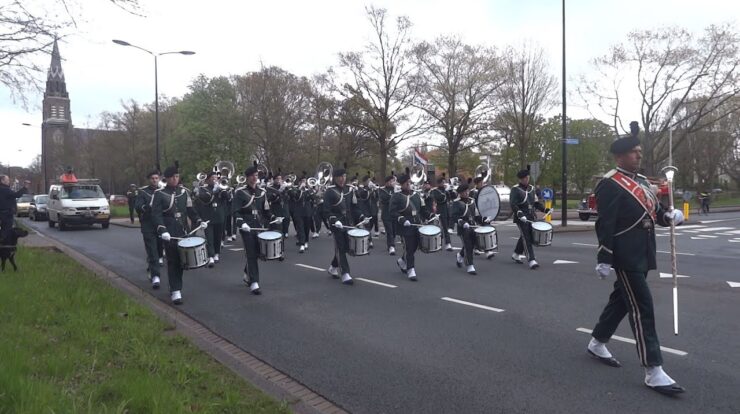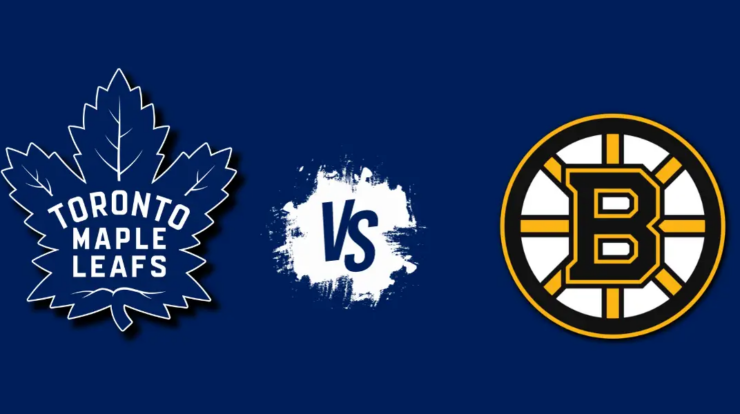
Dutch Kings Day, an exuberant national holiday celebrated annually on April 27th, is a testament to the rich history, vibrant culture, and enduring legacy of the Netherlands. This beloved event, steeped in centuries of tradition, honors the reigning monarch and offers a glimpse into the unique Dutch spirit.
From its historical roots in the House of Orange-Nassau to the lively festivities that fill the streets, Dutch Kings Day is a multifaceted celebration that captivates both locals and visitors alike.
Dutch Kings Day: Historical Significance
Dutch Kings Day, celebrated annually on April 27th, holds immense historical significance for the Netherlands. The tradition traces its roots back to 1885 when it was known as “Prinsessedag” (Princess’s Day) to commemorate the birth of Princess Wilhelmina, who later became Queen Wilhelmina.
The House of Orange-Nassau, the Dutch royal family, has played a pivotal role in the celebration. King Willem-Alexander, the current monarch, is a direct descendant of William of Orange, who led the Dutch Revolt against Spanish rule in the 16th century.
Over the years, the celebration has evolved to include a broader range of festivities honoring the monarchy and Dutch culture.
Cultural Celebrations
Dutch Kings Day is marked by vibrant cultural traditions and activities. The national color, orange, is ubiquitous, symbolizing the House of Orange-Nassau and national unity. Streets and buildings are adorned with orange decorations, and revelers don orange clothing and accessories.
Music and dance are integral to the festivities. Traditional Dutch folk music, known as “Volendammer,” is performed in the streets, and people engage in traditional dances such as the “klompendans” (clog dance).
Economic Impact
Dutch Kings Day has a significant economic impact on the Netherlands. Tourism surges during the celebration, with visitors flocking to cities and towns to experience the festivities. Local businesses, particularly in the retail and hospitality sectors, benefit from increased sales and revenue.
The event also stimulates the economy through the sale of orange-themed merchandise, food, and beverages. The estimated economic impact of Dutch Kings Day in 2022 was over 1 billion euros.
Social and Political Significance
Dutch Kings Day holds both social and political significance for the Netherlands. The celebration fosters a sense of national unity and identity, bringing people together from all walks of life.
The monarchy remains a respected institution in the Netherlands, and Kings Day serves as a reminder of the country’s rich history and democratic values.
Global Recognition, Dutch kings day
Dutch Kings Day has gained international recognition and appeal in recent years. The vibrant festivities and unique traditions have attracted visitors from around the world.
Social media and global connectivity have played a significant role in spreading the popularity of the event, with people sharing photos and videos of the celebrations.
Wrap-Up

Dutch Kings Day serves as a vibrant symbol of Dutch national identity, fostering a sense of unity and pride among its citizens. As the celebration continues to evolve, it remains an integral part of the Netherlands’ cultural fabric, showcasing the country’s rich heritage and unwavering zest for life.
General Inquiries
When is Dutch Kings Day celebrated?
Dutch Kings Day is celebrated on April 27th each year.
What is the significance of the color orange on Dutch Kings Day?
Orange is the national color of the Netherlands and is associated with the House of Orange-Nassau, the royal family of the Netherlands.
What are some of the traditional activities associated with Dutch Kings Day?
Traditional activities include wearing orange clothing, attending street parties, participating in flea markets, and enjoying live music and performances.




